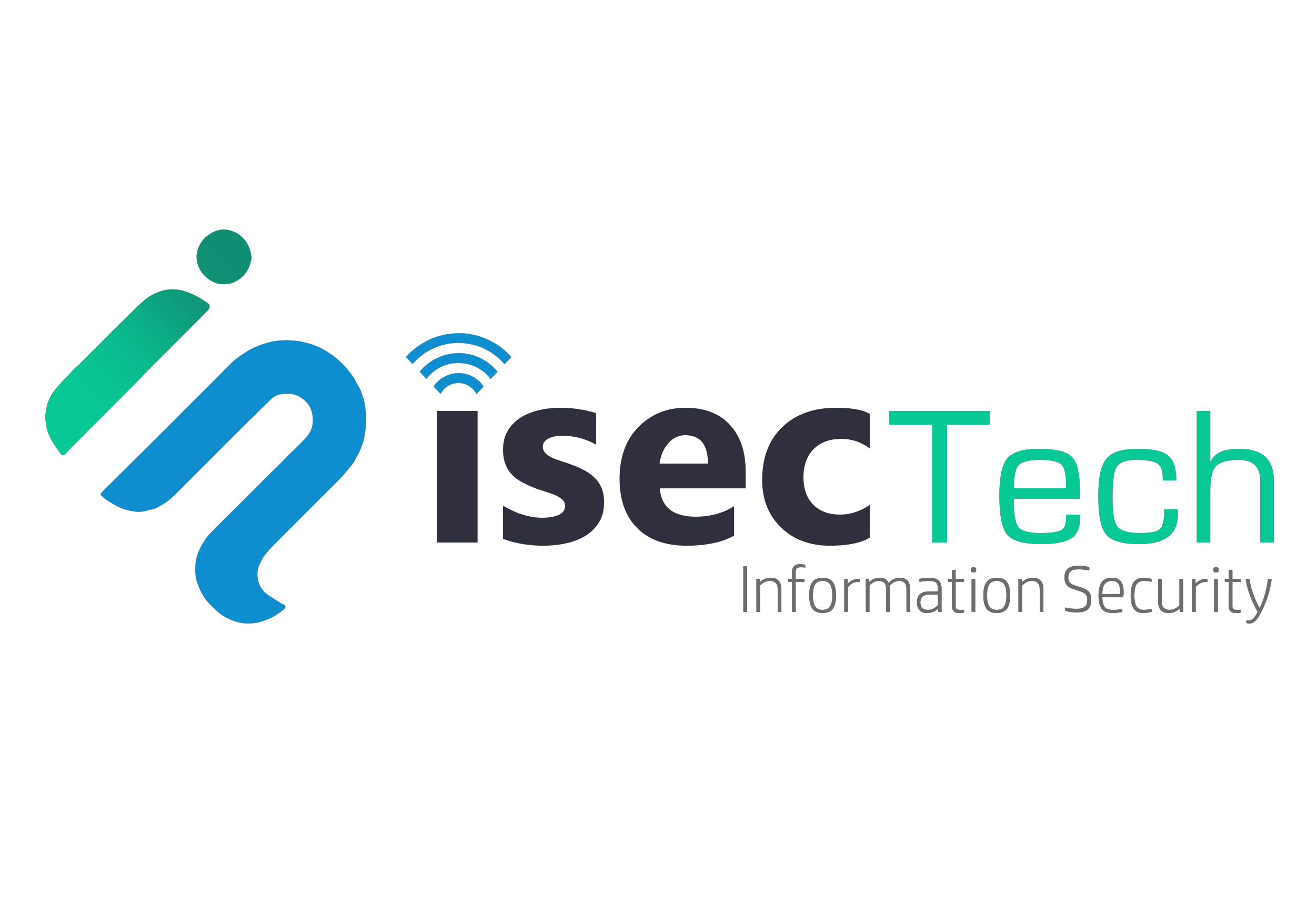The Domain Name System (DNS) is often likened to the phonebook of the internet, translating human-friendly domain names into IP addresses that computers use. However, the traditional DNS has vulnerabilities that can be exploited to redirect users to malicious sites. This is where DNS Security Extensions (DNSSEC) come into play. In this article, we’ll explore what DNSSEC is, how it works, and its importance in the current cybersecurity landscape.
What is DNSSEC?
DNS Security Extensions (DNSSEC) is a suite of extensions to DNS that provides authentication of DNS data, assurance of data integrity, and cryptographic verification of the authenticity of a DNS response.
Key Features:
- Data Authentication: Ensures that the data you receive from a DNS query is authentic and not tampered with.
- Data Integrity: Verifies that the data has not been altered in transit.
- Cryptographic Assurance: Uses digital signatures based on public-key cryptography to validate that DNS data comes from the correct source.
How Does DNSSEC Work?
DNSSEC works by signing DNS data with a digital signature. This process involves several key elements:
- Digital Signatures: DNS records are signed by the zone owner with a private key.
- Public Keys and Trust Anchors: A corresponding public key is used to verify the signature. The root zone’s public key acts as a trust anchor.
- Chain of Trust: From the root DNS servers down to the final domain name, each level of DNS hierarchy uses its key to sign the keys for the next level down.
Why is DNSSEC Important?
- Combats DNS Spoofing/Poisoning: Prevents attackers from diverting users to fraudulent websites.
- Enhances Trust in Internet Transactions: Particularly important for e-commerce, online banking, and other services where data authenticity is crucial.
- Foundation for Future Security Measures: Acts as a building block for new security protocols and internet standards.
Challenges and Considerations:
- Complex Deployment: Implementing DNSSEC can be complex and requires careful management of keys.
- Not a Complete Solution: While DNSSEC addresses specific DNS vulnerabilities, it does not encrypt DNS queries or responses.
- Widespread Adoption: The effectiveness of DNSSEC increases as more organizations implement it.
Conclusion:
DNSSEC represents a significant step forward in securing the internet’s foundational DNS infrastructure. By ensuring the authenticity and integrity of DNS responses, DNSSEC helps to protect users from various forms of cyber attacks that exploit DNS vulnerabilities. As the internet continues to evolve, the adoption and implementation of DNSSEC will play a critical role in shaping a more secure cyberspace.

